In the future, the Hungarian Institute for International Affairs (MKI), will help the prime minister in his work through the PM's political director and the Prime Minister's Cabinet Office, as Viktor Orban noted in his address concluding the event marking the 50th anniversary of MKI's foundation.
The MKI will provide useful background knowledge to support the government's decisions, PM Orban said. This change marks a return to traditions, he said, because whenever Hungary pursued a sovereign and independent foreign policy centered round the prime minister, foreign policy guidelines were set by the prime minister and the foreign affairs minister implemented them.
With this arrangement, we are returning to traditions, which is usually a sensible move, and for a country with such a long history, it means that traditions are useful and not something that evolved accidentally,
Viktor Orban said.
"Hungary is sentenced by history to setting more ambitious goals for itself than what would otherwise follow from it size or economic strength. Therefore, the country cannot afford to let go of opportunities in foreign policy, but has to have a tight hold on the reins of foreign policy," Hungary's prime minister explained.
He highlighted that
one can never be clever enough alone.
And this statement is the most obvious in foreign policy.
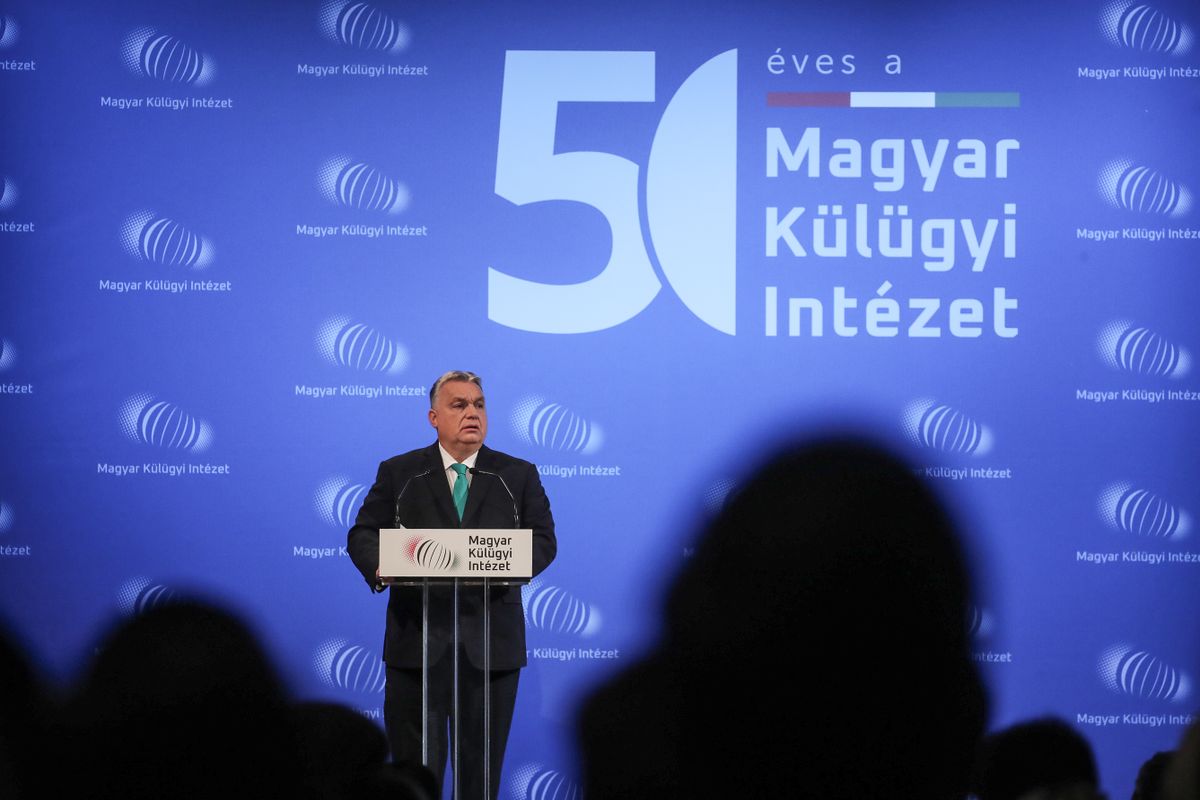
There are some countries that can be easy-going partners in the world and can achieve things, receiving constant agreement. These are usually countries in great power status with a size that has a deterrent power, and if that power exists, they are able to command respect.
We Hungarians are not a great power; nevertheless we lay claim to an independent foreign policy, and expect others – including countries bigger than us – to accept this claim of ours,
Hungary's premier emphasized.
"Our relative advantage is low. A country of the ambition and size of Hungary must maintain a stance of strength. It must not run scared in a tough situation but rather square up to the conflict. This can also lead to a relative advantage and we can do it. Hungary is only a country of ten million, it is nonetheless able to pursue an independent foreign policy, Viktor Orban stressed.
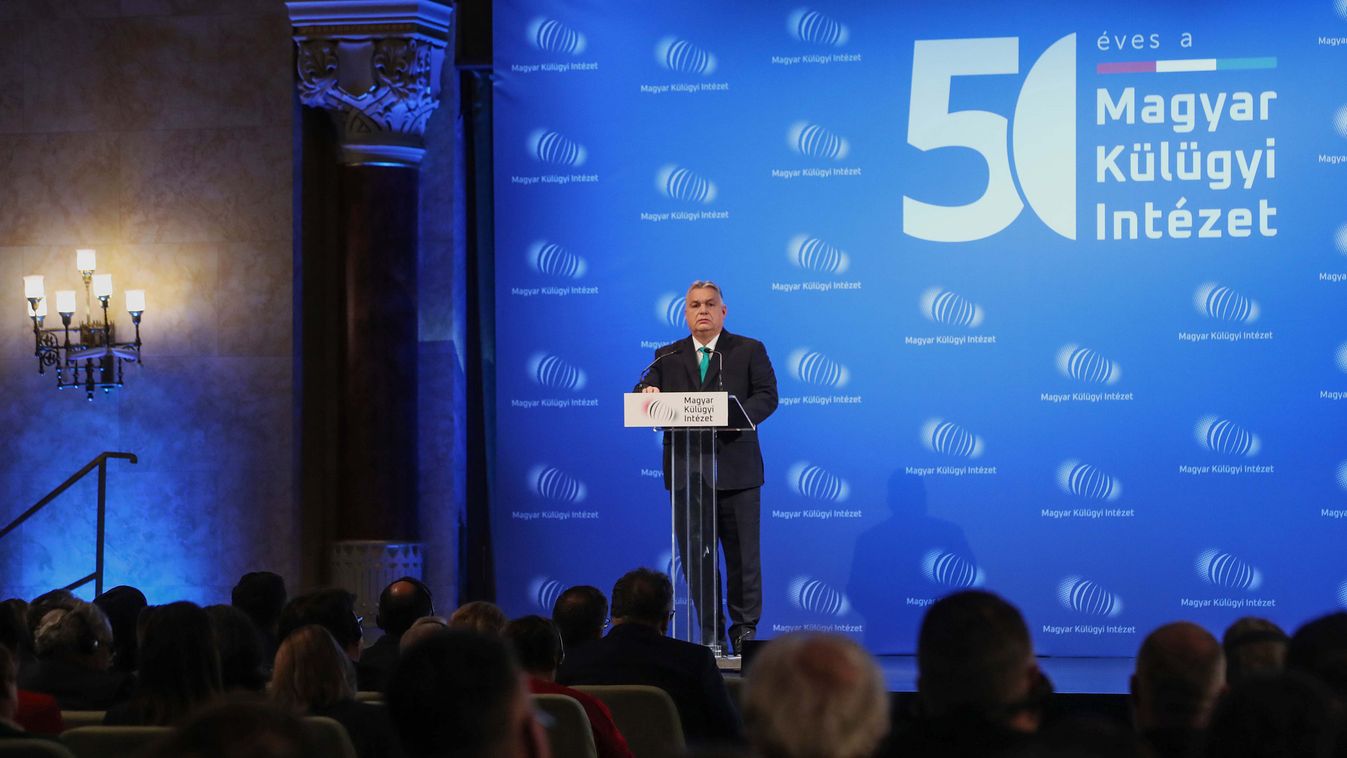
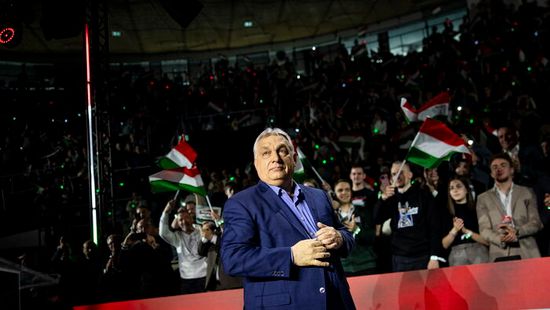
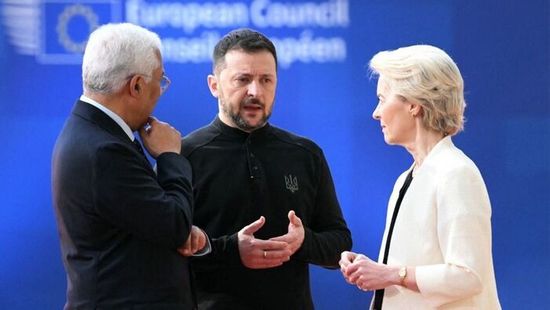
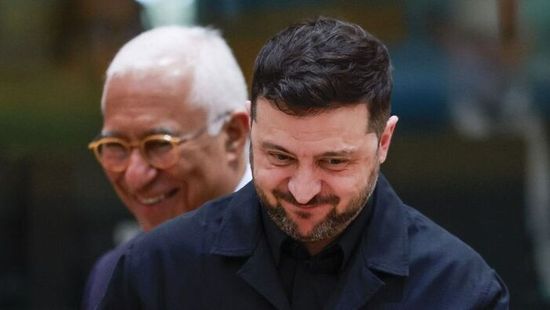
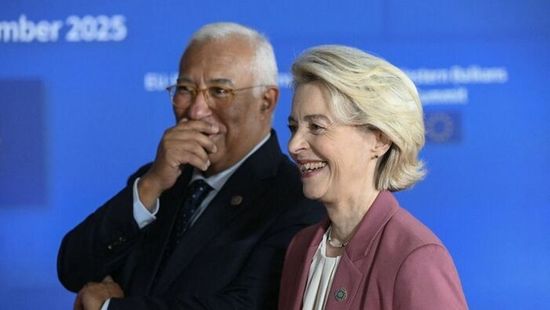


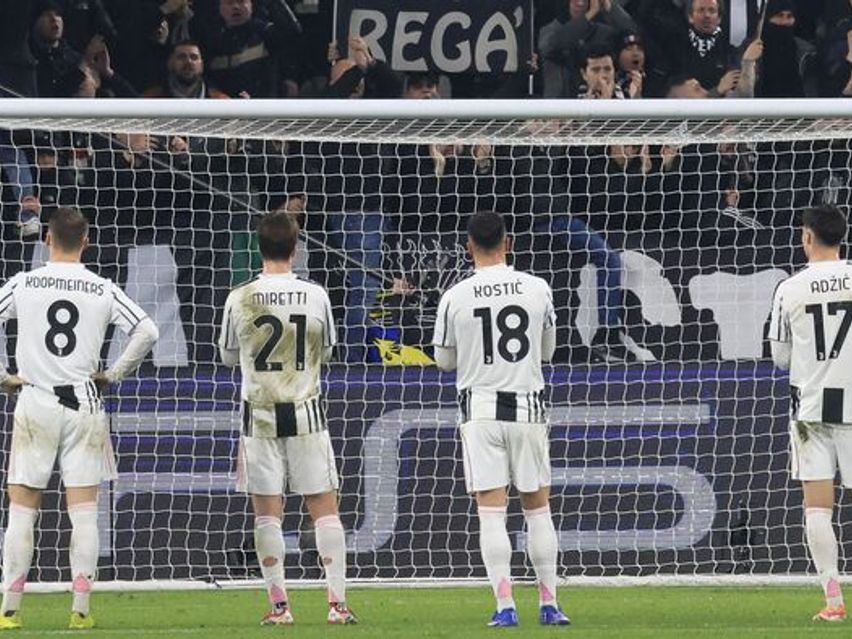
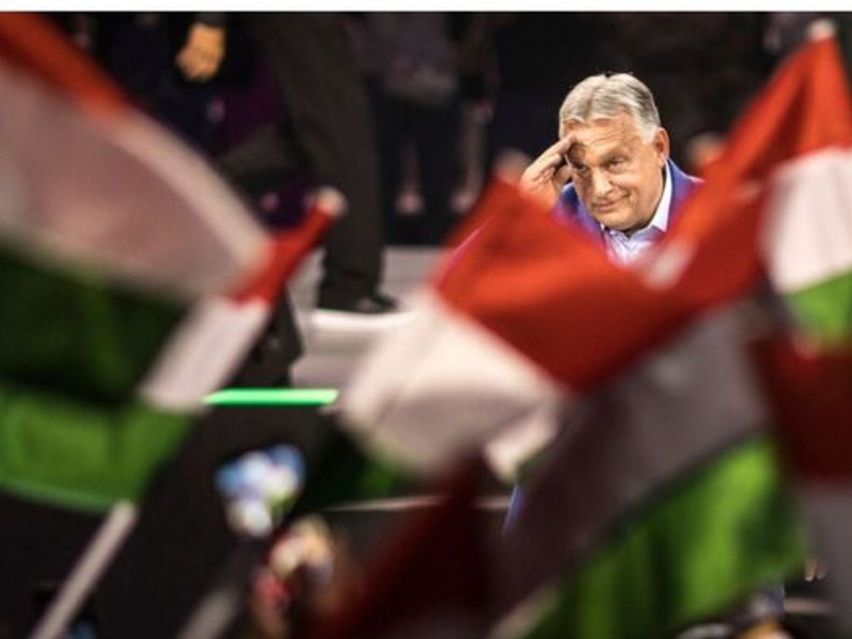


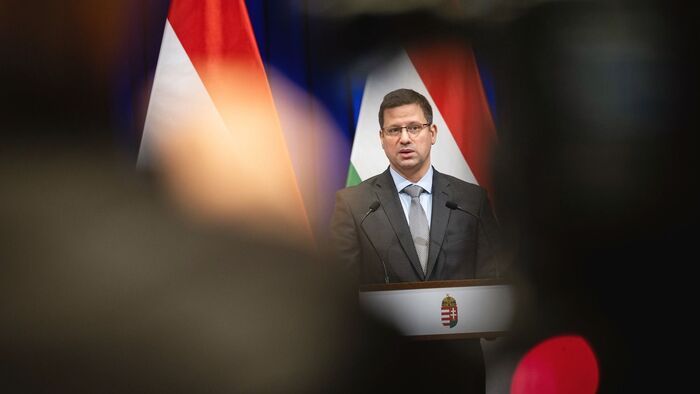



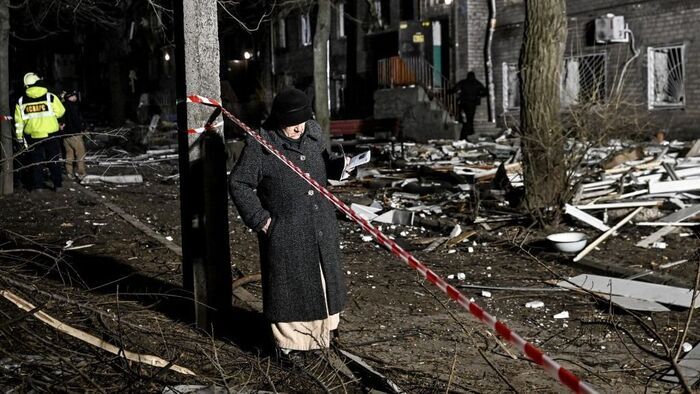

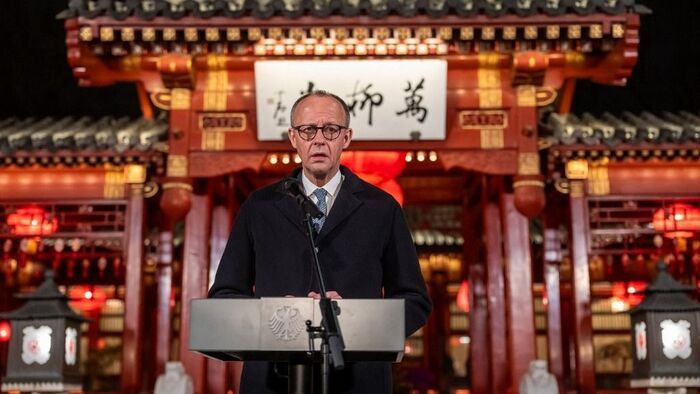




Szóljon hozzá!
Jelenleg csak a hozzászólások egy kis részét látja. Hozzászóláshoz és a további kommentek megtekintéséhez lépjen be, vagy regisztráljon!